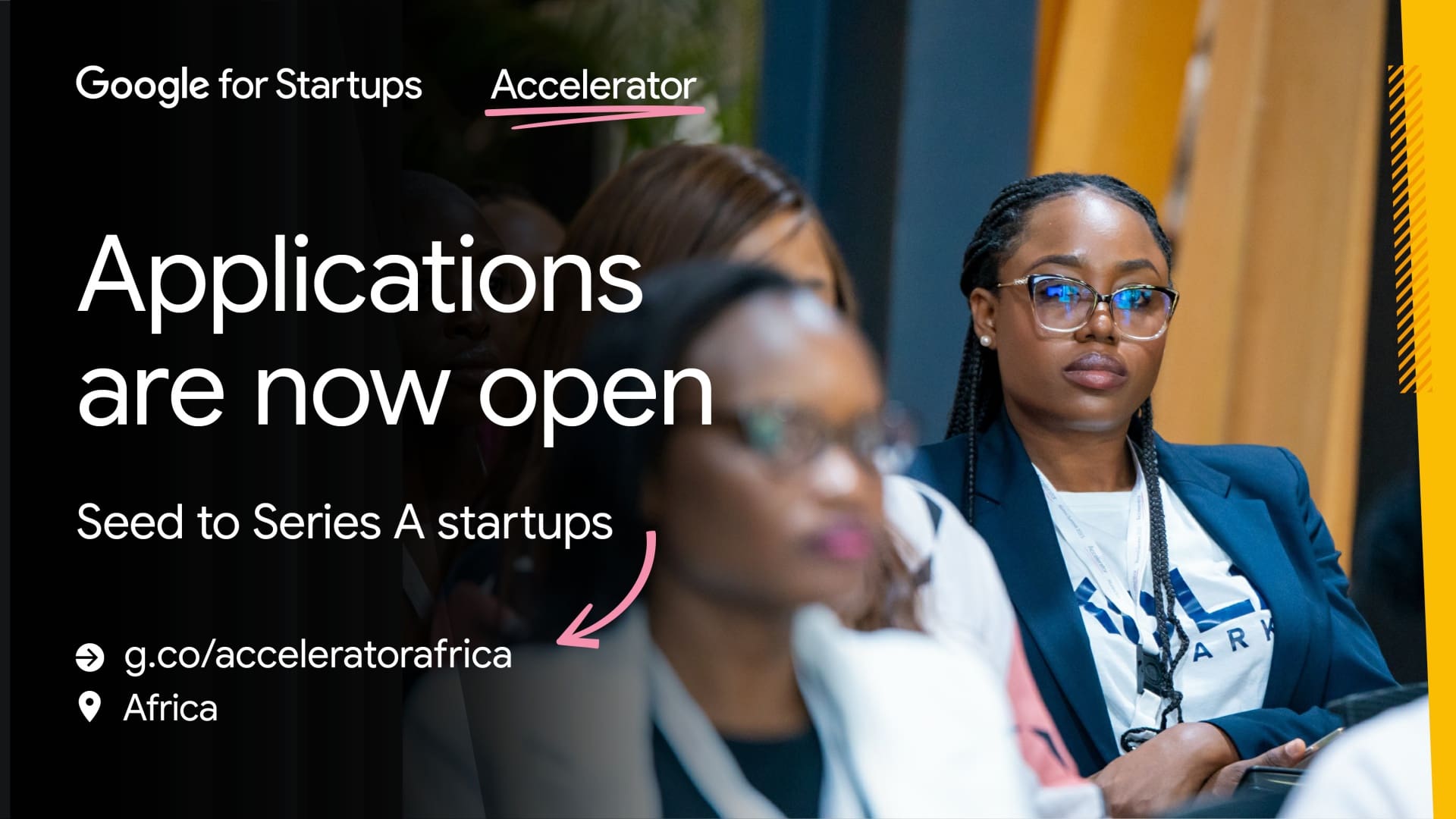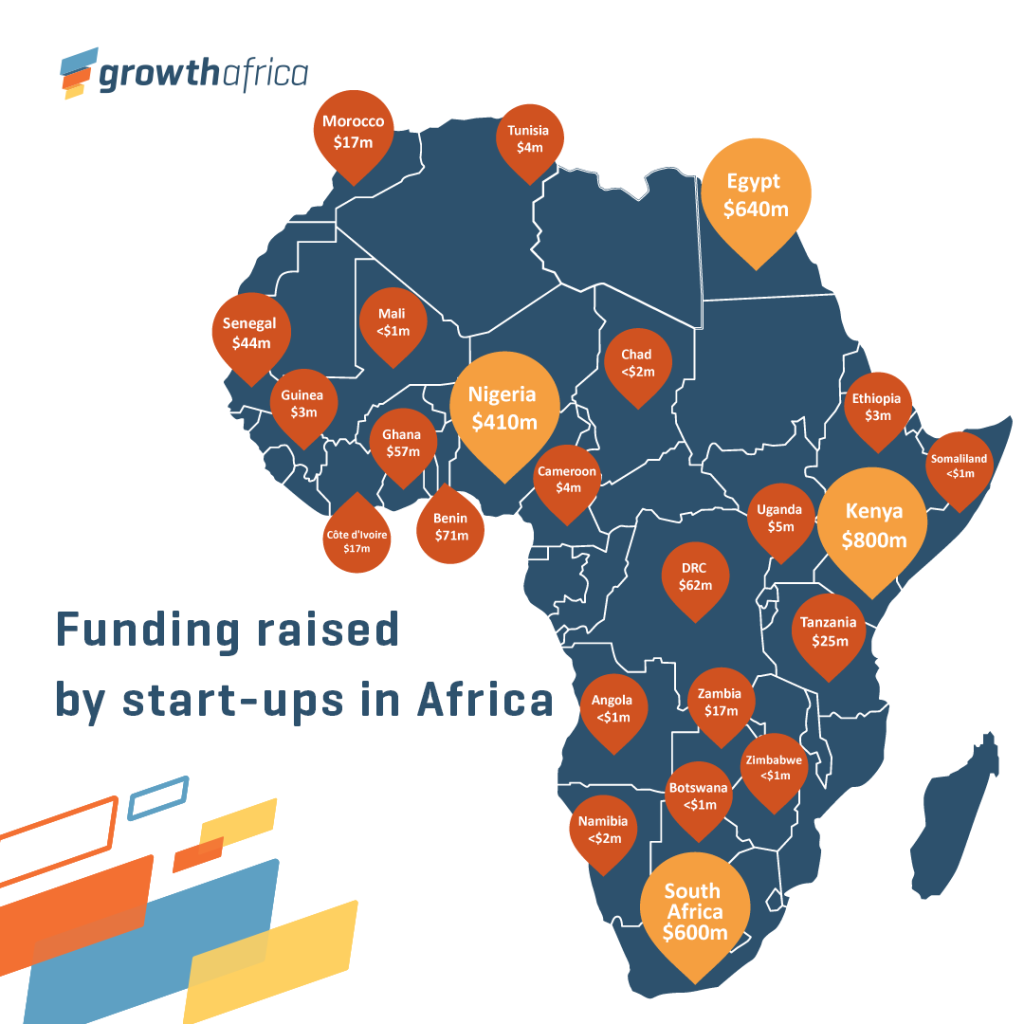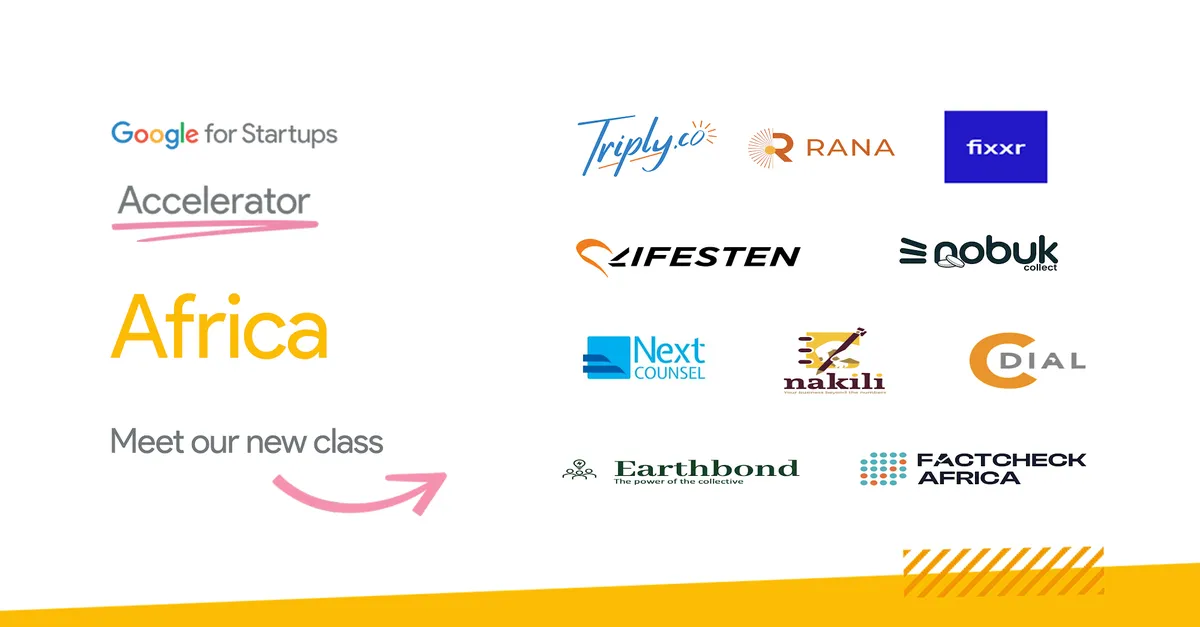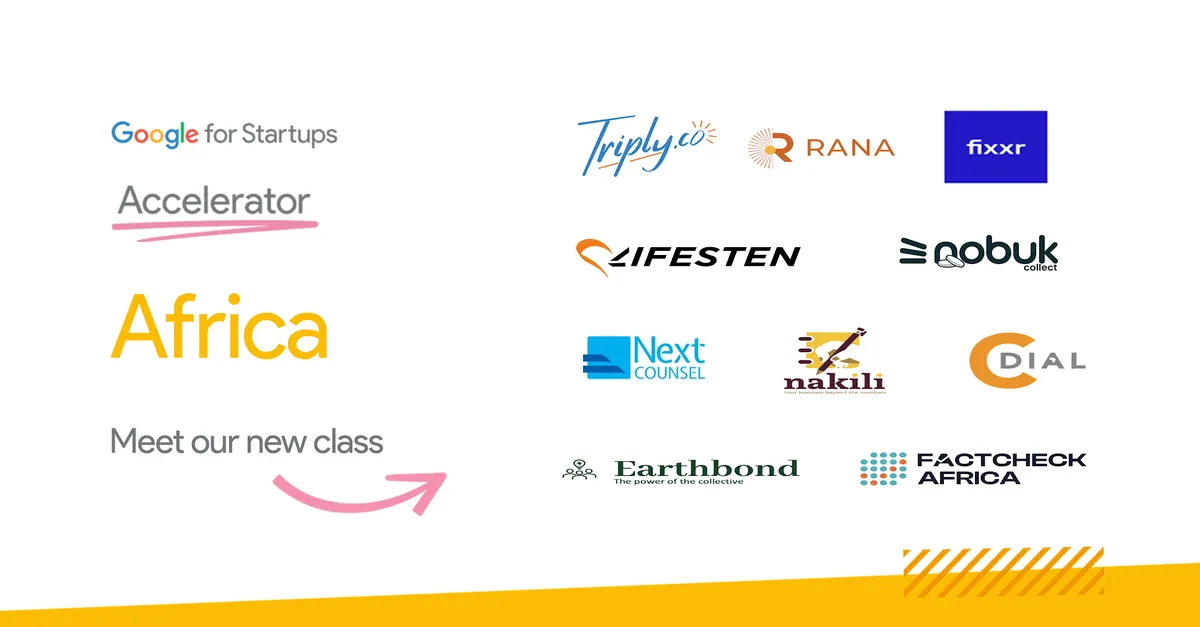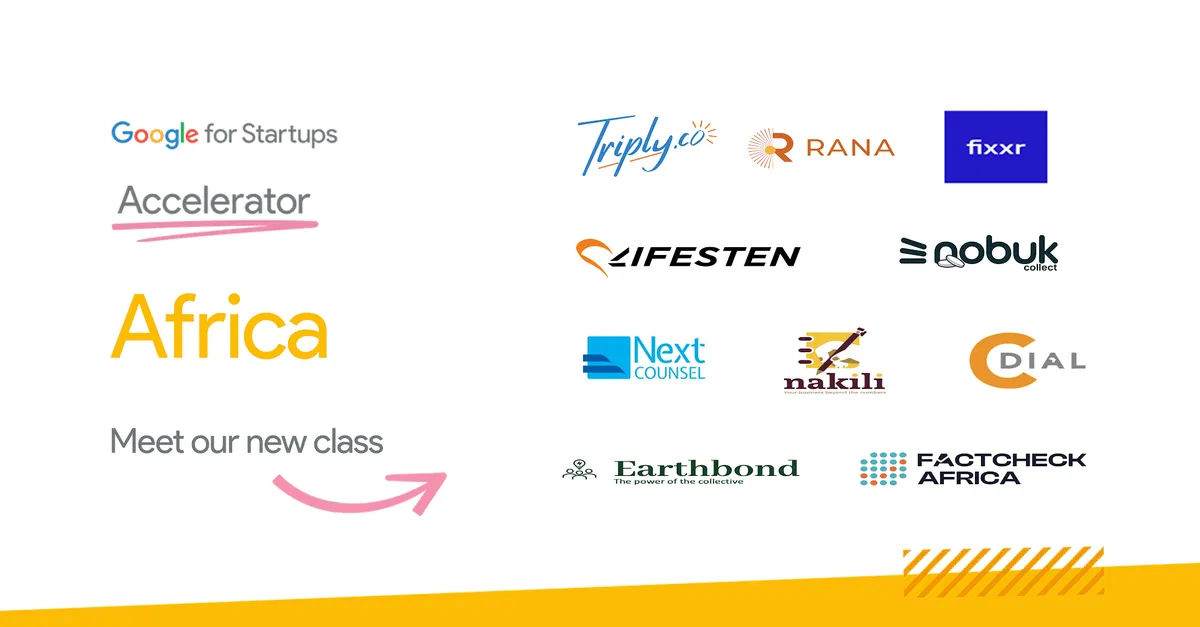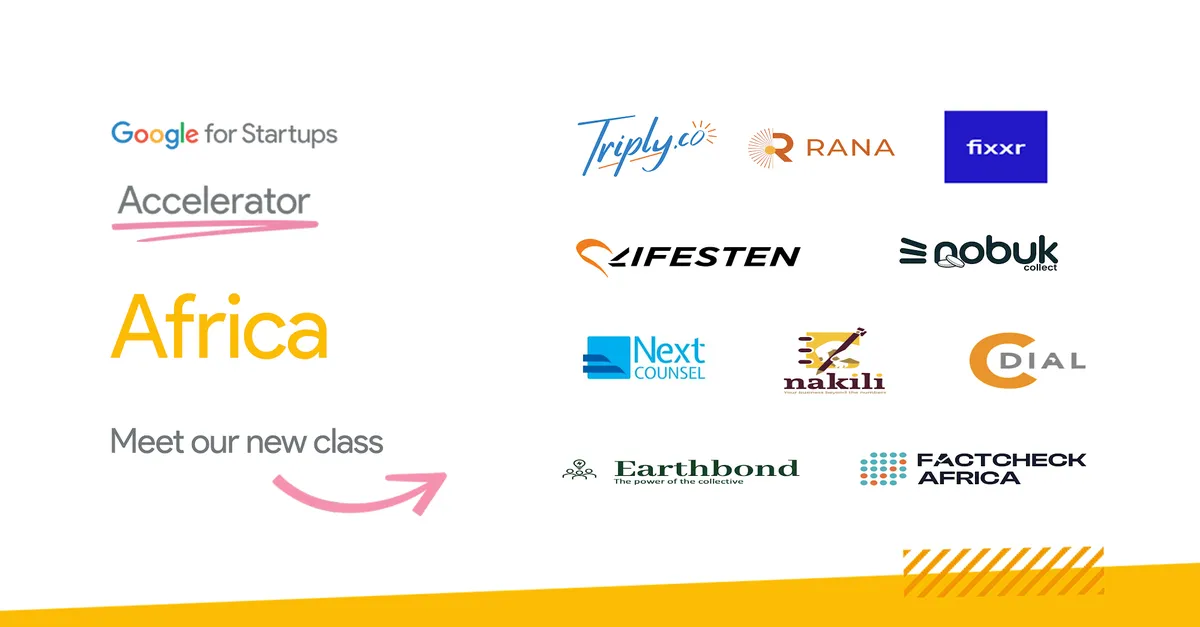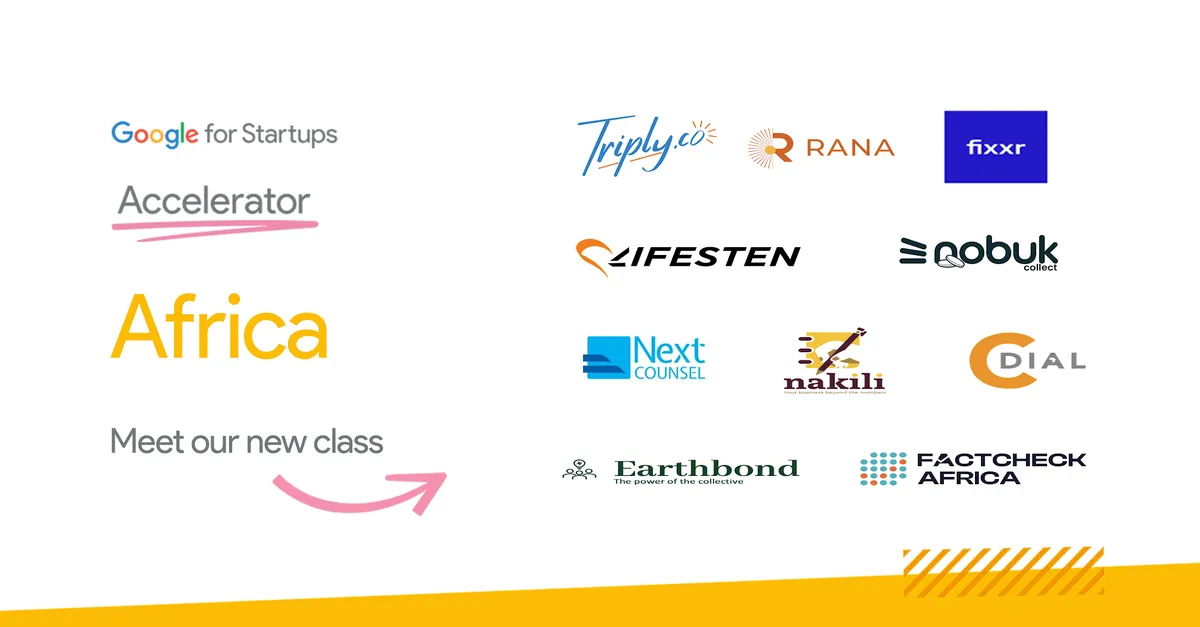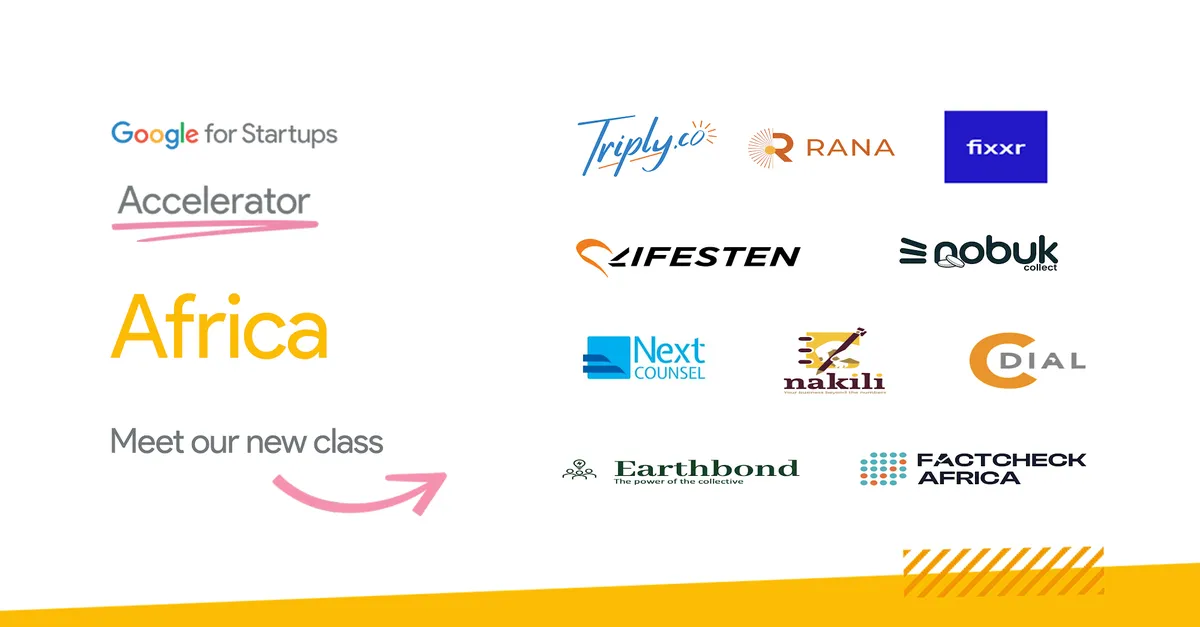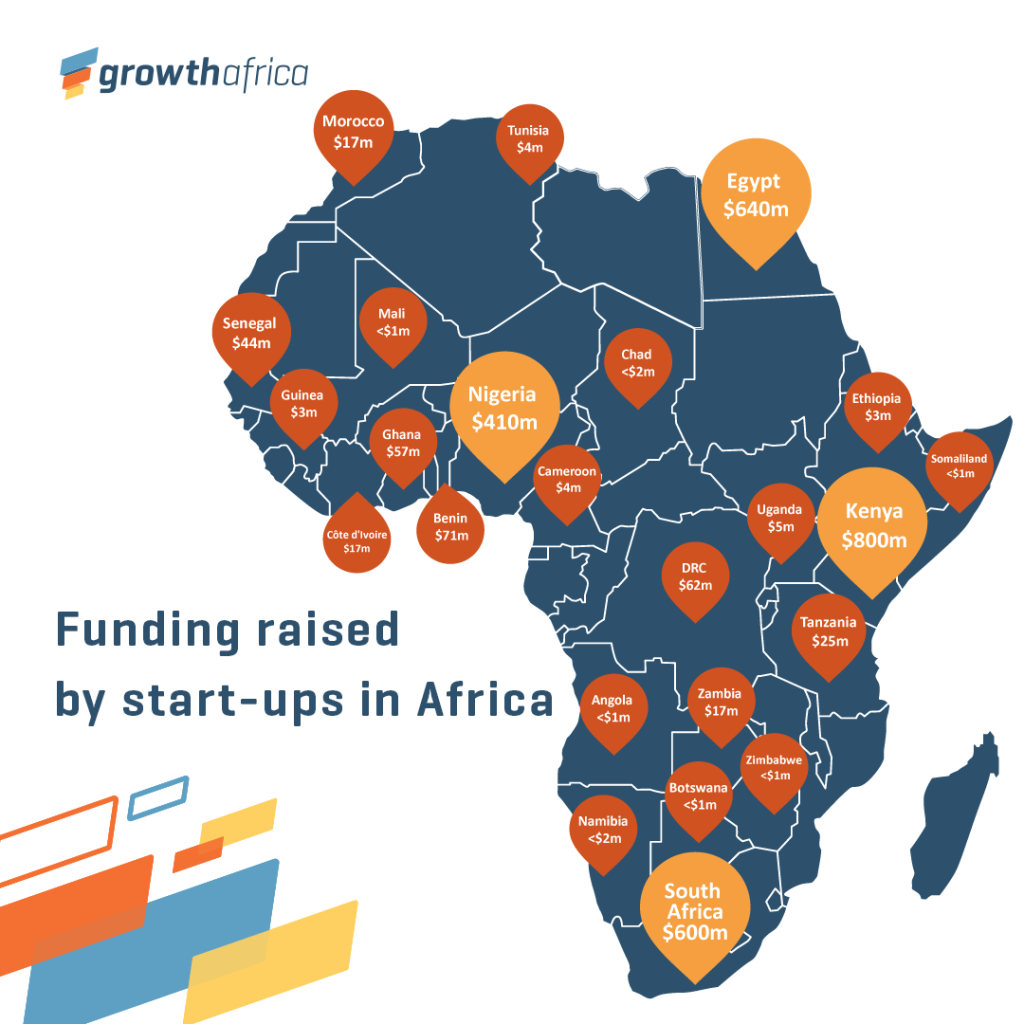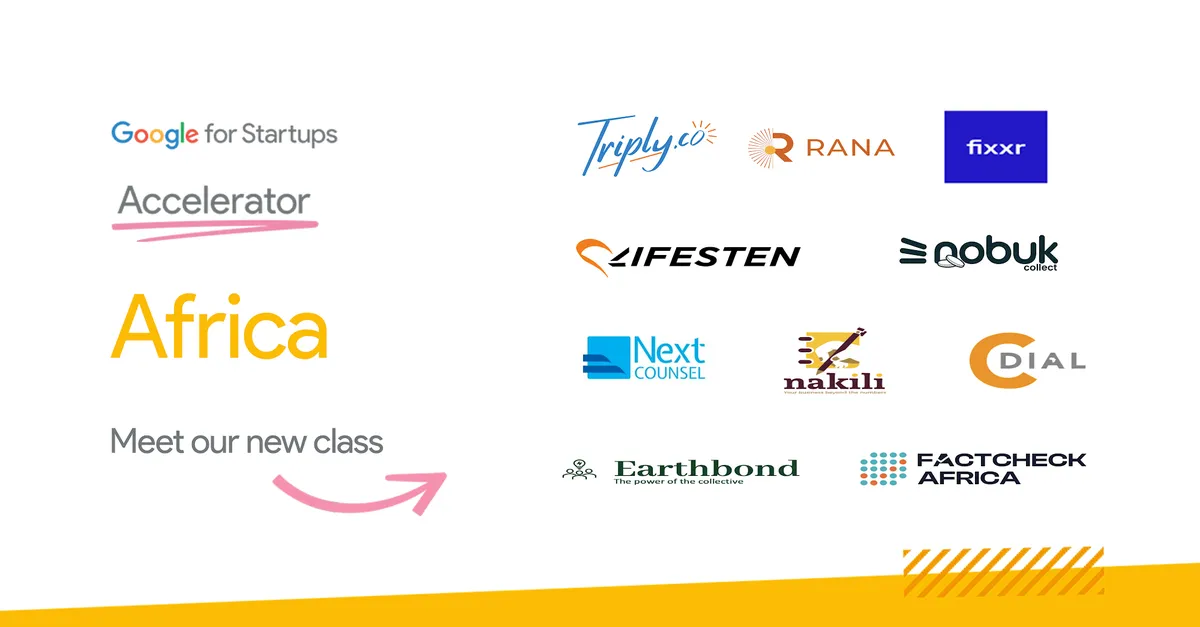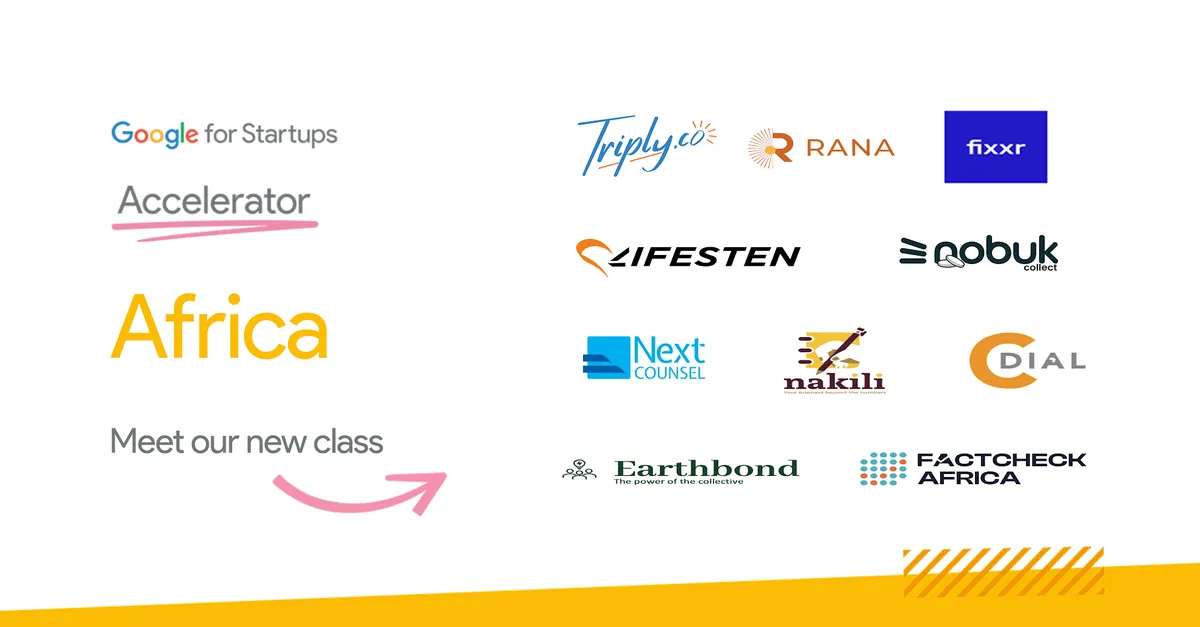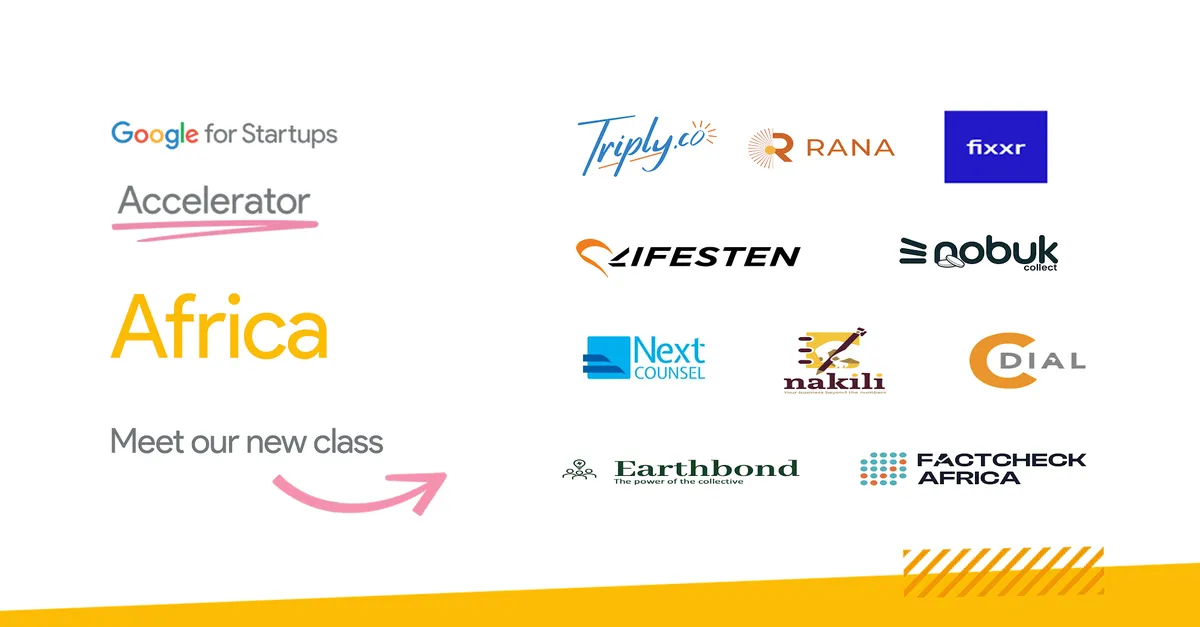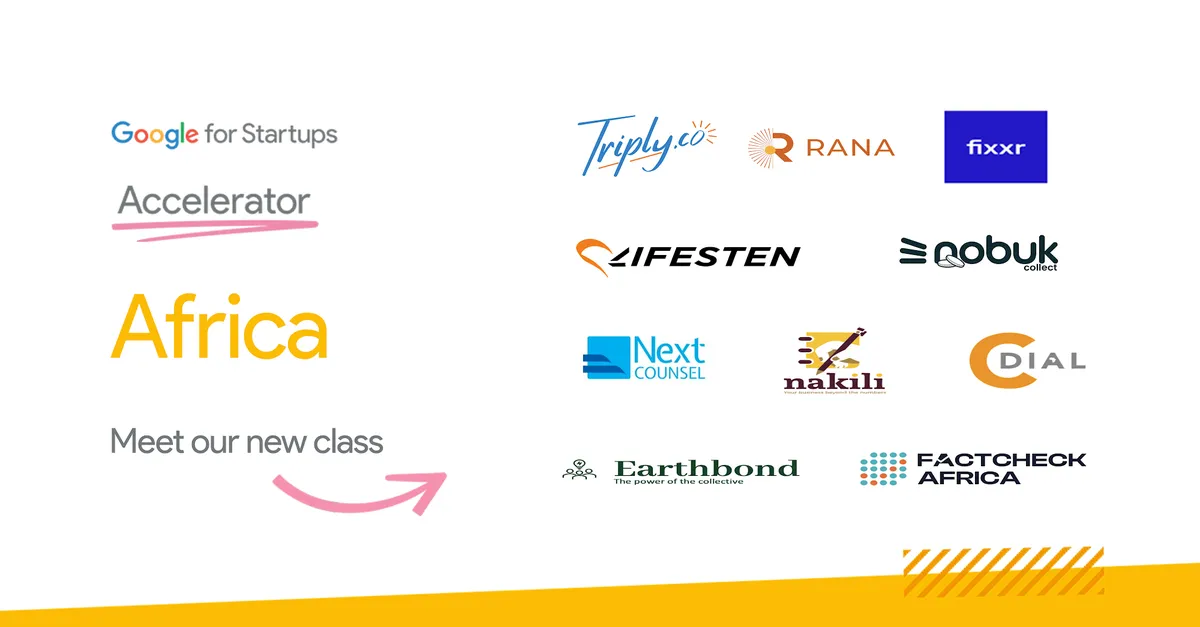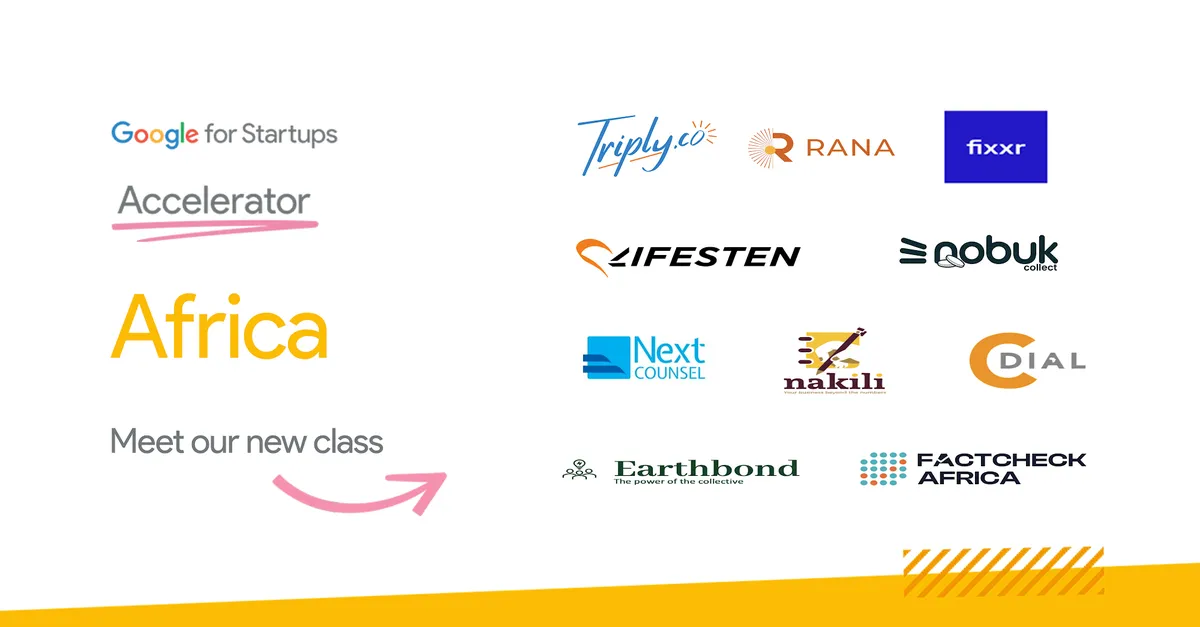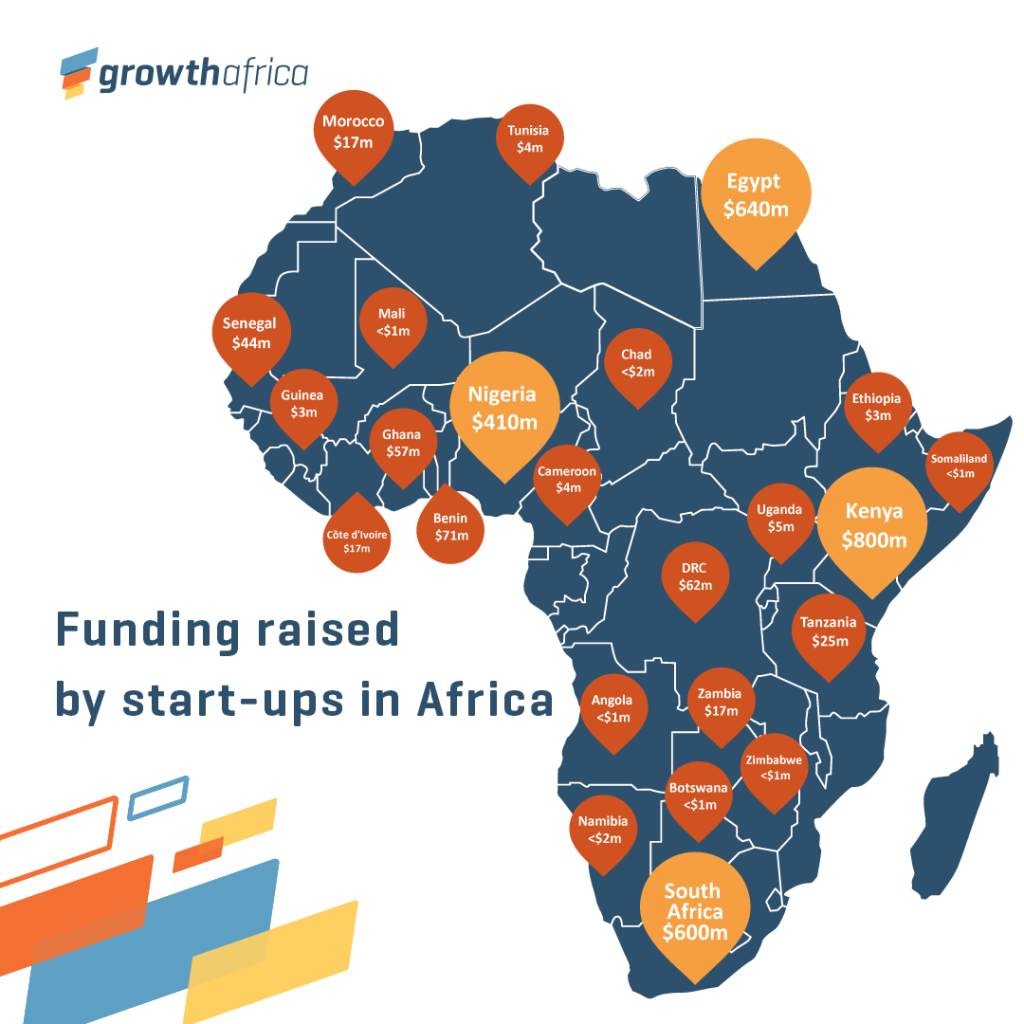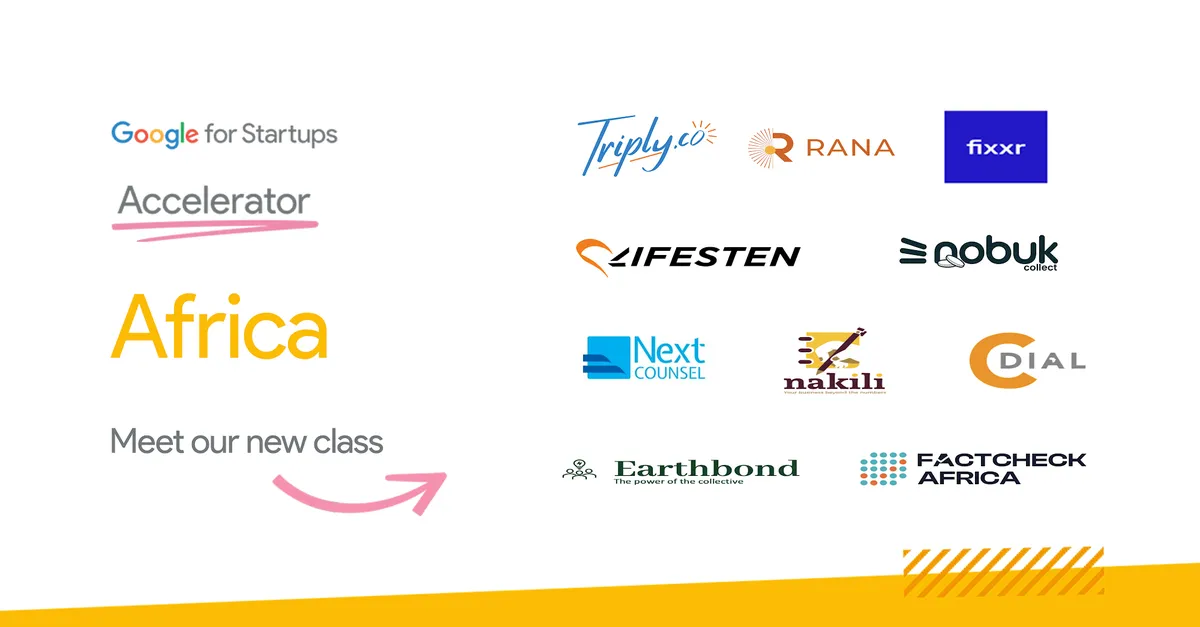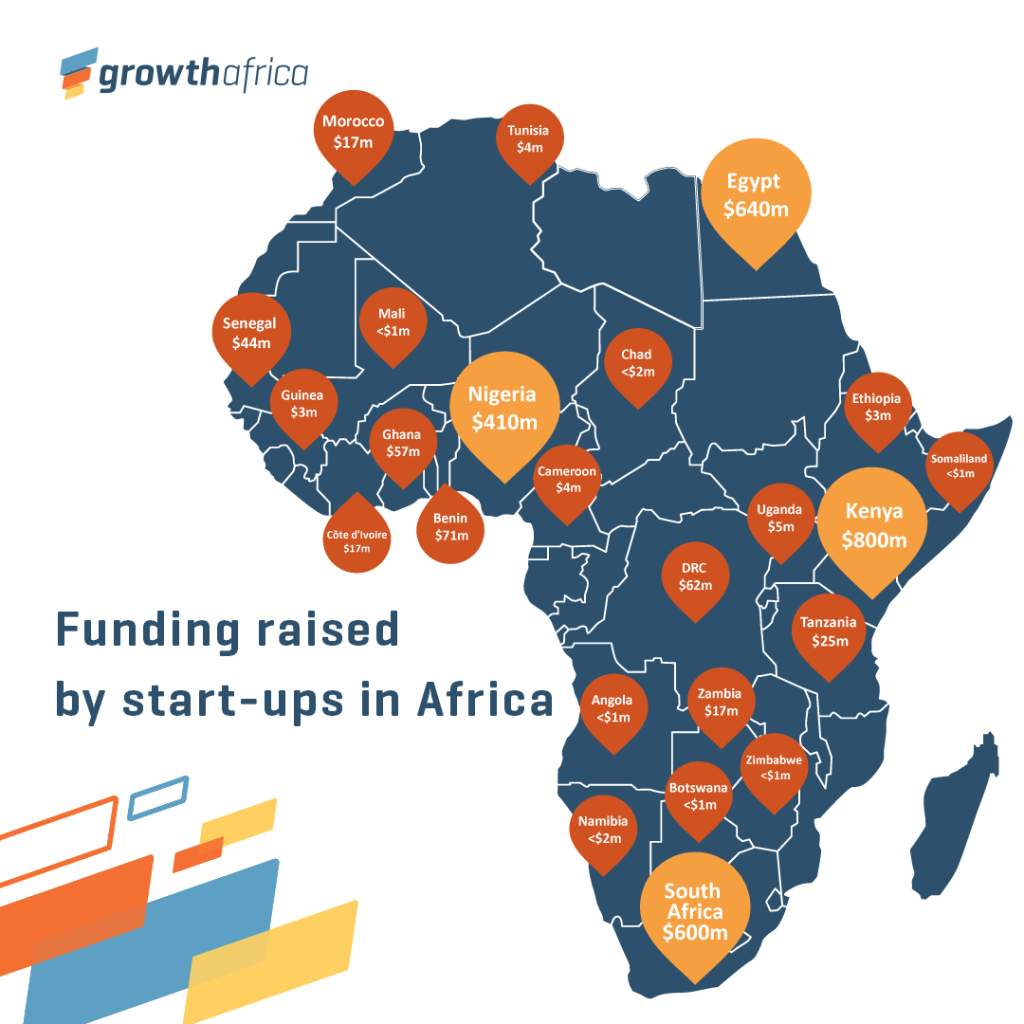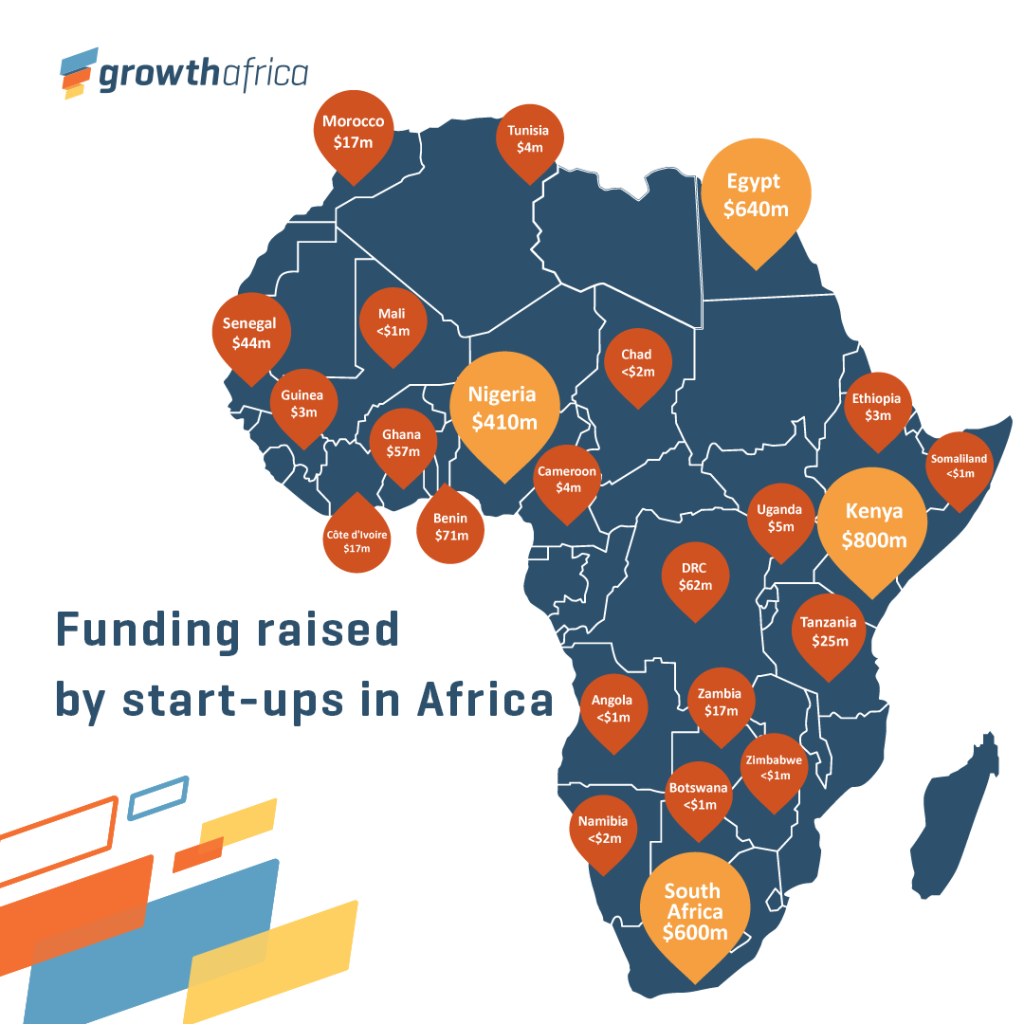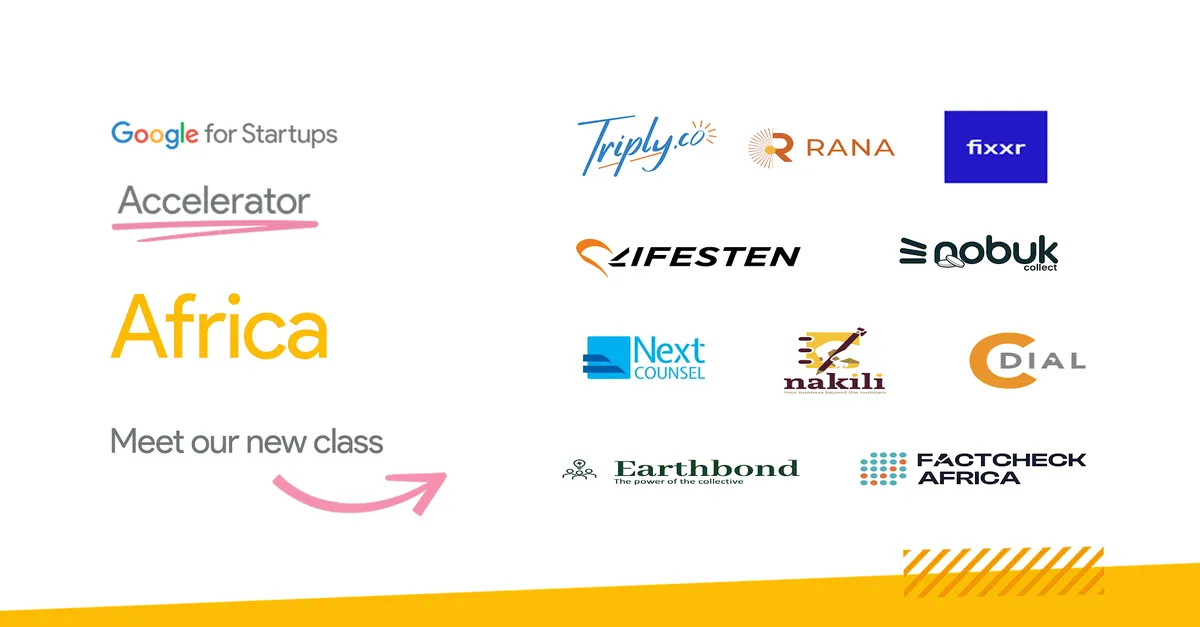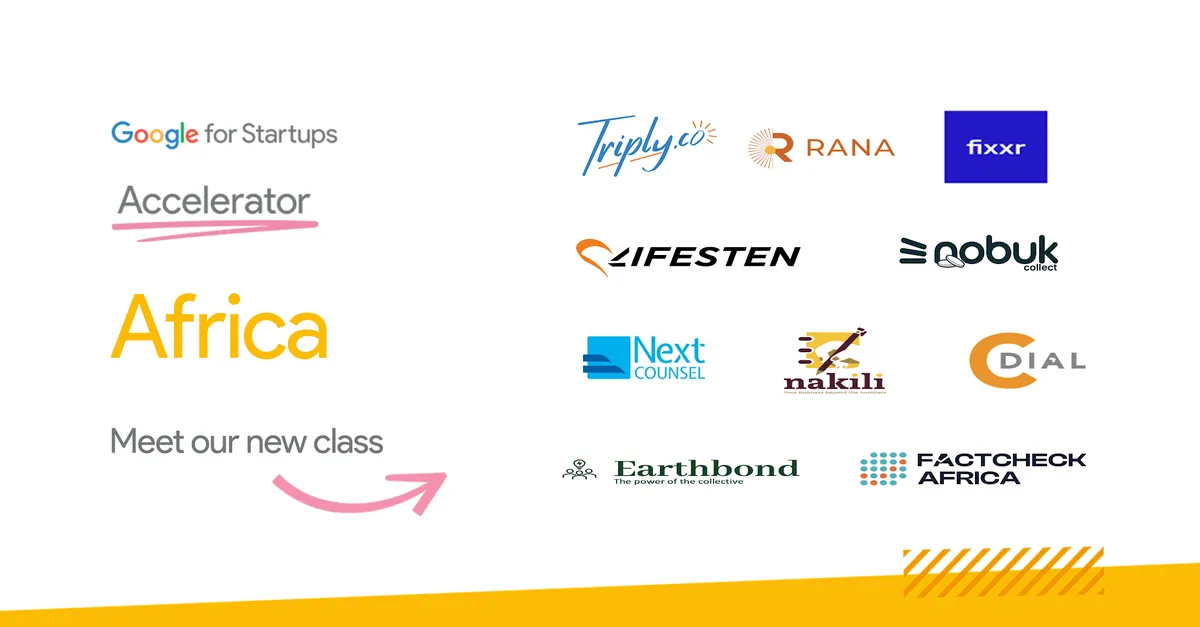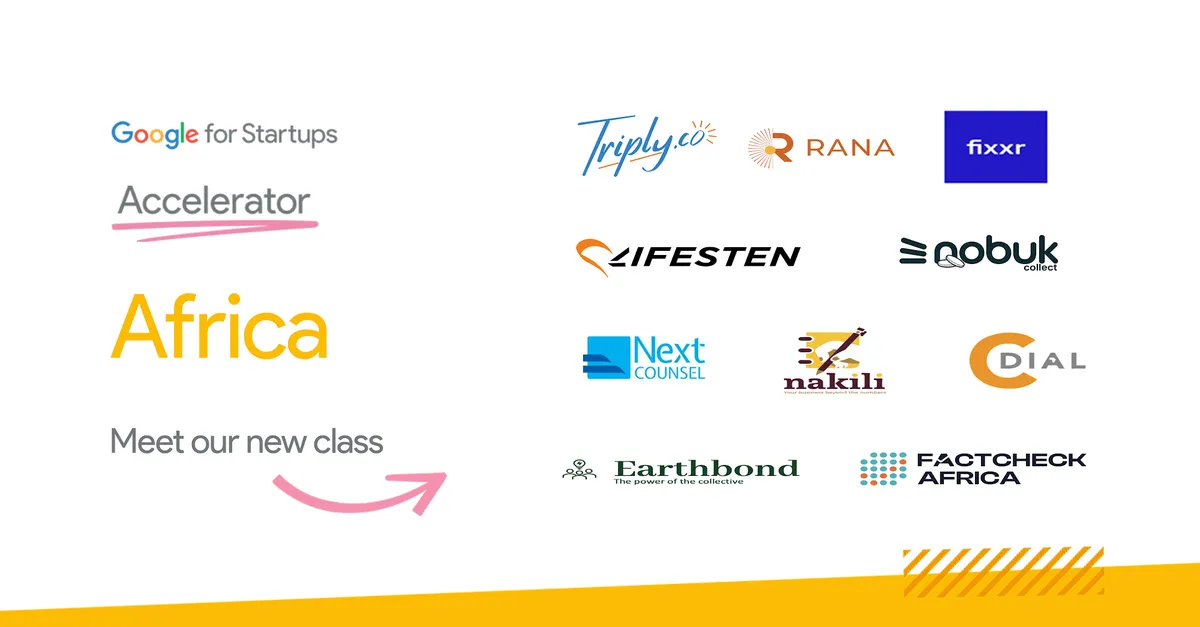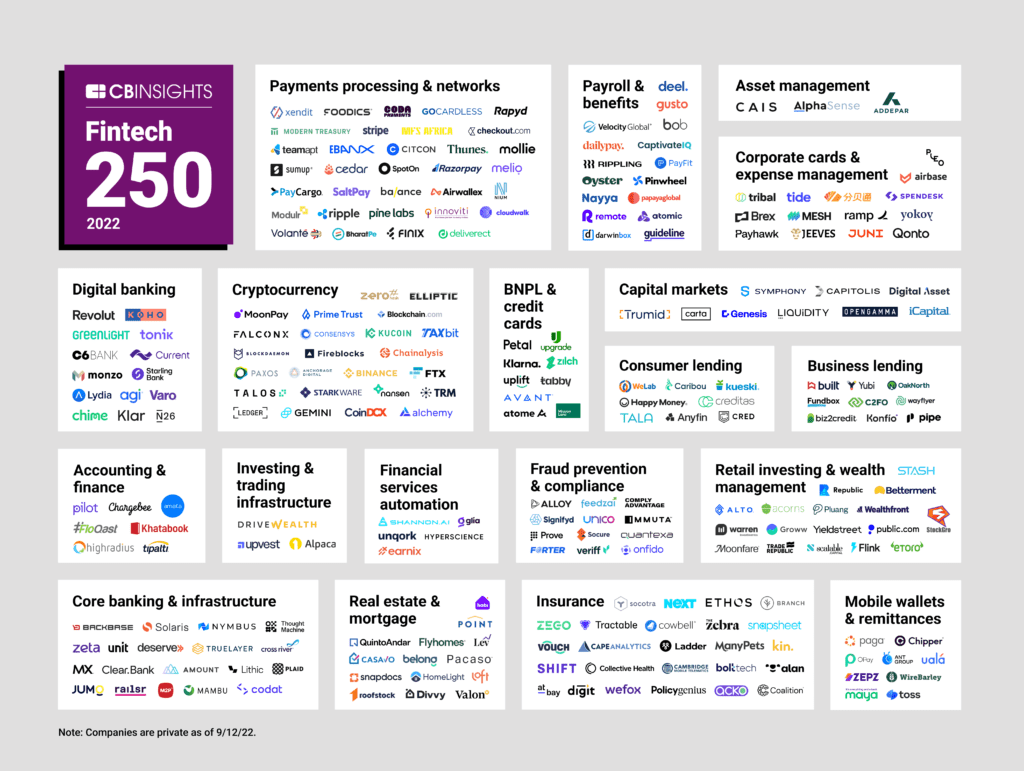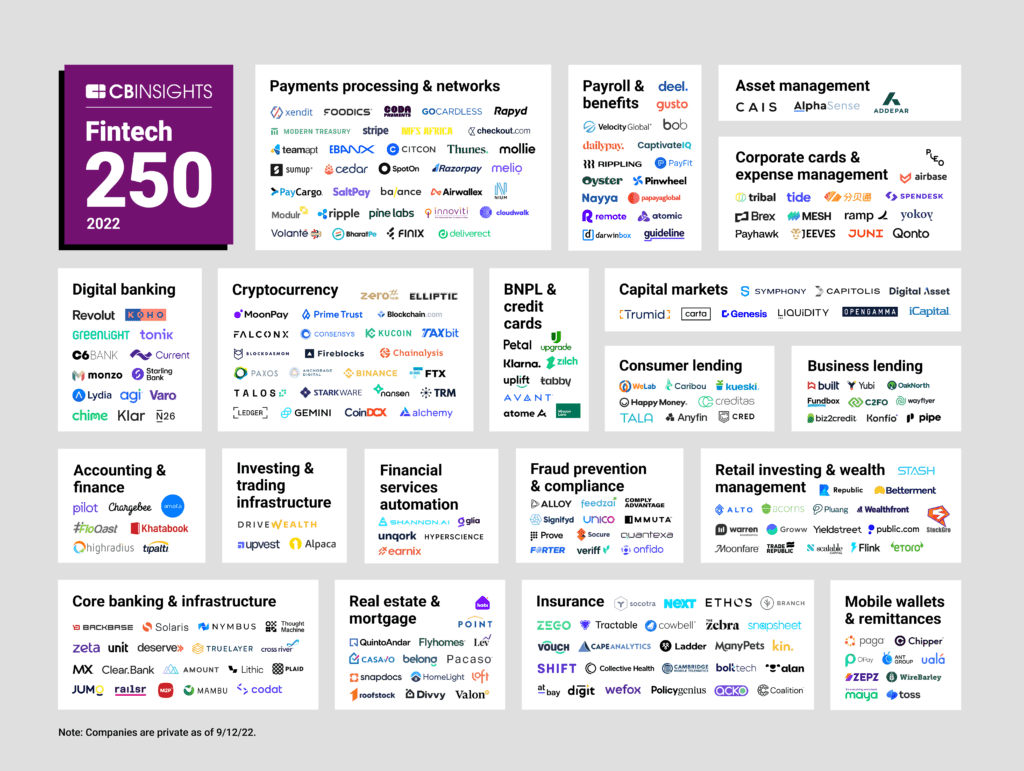
Africa’s Startup Ecosystem Soars: $1.4 Billion Fuels Innovation and Diversification in 2025
Africa’s startup scene has truly hit its stride in the first half of 2025, with a staggering $1 billion plus in funding already secured. That’s a 40 percent jump from last year, marking a real turning point for a continent once often seen as a risky bet. Today, it’s a dynamic magnet for global investment, showing off the incredible resilience and ingenuity of African entrepreneurs. These innovators aren’t just facing infrastructure hurdles and policy challenges; they’re overcoming them, often with key backing from institutions and governments. Much of this remarkable growth centers on Africa’s “Big Four” ecosystems: Nigeria, Kenya, South Africa, and Egypt. These powerhouses continue to draw the lion’s share of capital, and Egypt, in particular, has emerged as a standout performer in 2025. Reports indicate Egyptian startups saw a 130 percent increase in funding from 2024, pulling in an impressive $330 million across just 16 deals in the first five months of the year. This includes a substantial $75 million for proptech firm Nawy, solidifying the country’s position as a new leader in property technology. Don’t forget fintech giants like Valu, Thndr, and Money Fellows, whose significant backing really highlights Egypt’s expanding financial technology landscape. Across the continent, Nigeria still reigns as Africa’s largest startup market, with fintech holding strong, now complemented by a rapid rise in logistics startups tackling complex supply chain and delivery issues across vast distances. Meanwhile, Kenya, famous for its mobile money revolution, is seeing exciting diversification into agriculture and energy tech, sectors that align perfectly with its natural resources and development goals. And in South Africa, innovation thrives in health technology and business-to-business (B2B) software, demonstrating an ecosystem keen on meeting sophisticated enterprise and consumer needs.
Beyond these established hubs, emerging markets are definitely catching investors’ eyes. Countries like Ghana, Tanzania, Senegal, Ivory Coast, and Tunisia are carving out unique niches, especially in climate technology and agriculture. They’re capitalizing on their natural environmental assets and the urgent need to address the continent’s food security challenges. This kind of sector diversification signals a smart move away from simply trying to copy Silicon Valley. Instead, it underscores a uniquely African approach to innovation, one that truly leverages local realities and perspectives. We’re also seeing significant investment growth in tech-enabled solutions across agriculture, health, renewable energy, and e-mobility. Take Pyramidia Ventures, for instance; they’ve raised $1.5 million to boost agri-tech initiatives, aiming to improve food security across Africa. Or look at Kenyan e-mobility company Enzi Mobility, which secured $3.5 million to advance sustainable transportation, a crucial step for tackling urban pollution and congestion. Even Angolan startup Anda made headlines with a $3.4 million investment to transform the motorcycle taxi sector, reflecting the broad geographical and sectoral reach of Africa’s burgeoning startup renaissance. It’s clear major technology firms and global investors are taking notice. Amazon has expanded operations in Nigeria with Amazon Bazaar, offering affordable products and free delivery, eager to tap into the continent’s growing e-commerce market. Qualcomm’s investment in African startups highlights a global recognition of the continent’s potential to innovate in diverse fields. Plus, the recent opening of a $22 million Equinix data center in Lagos clearly points to the infrastructure development that’s powering digital growth in Africa’s largest economy. You can find more insights on the continent’s vibrant tech scene through resources like Tech In Africa, which offers daily news on startups.
Fintech, predictably, remains a cornerstone of Africa’s startup funding landscape. Companies like the profitable PalmPay are reportedly in talks to raise as much as $100 million. We’re also seeing new AI-focused startups, such as YC-backed Rulebase, working to provide intelligent co-working solutions for fintech firms. This really illustrates the growing sophistication within the tech ecosystem. And consider Egyptian fintech firm Sylndr, which has raised $15.7 million to simplify buying, selling, and financing used cars, showcasing clever responses to regional market demands. Despite all this capital inflow and innovation, it’s not all smooth sailing. African startups still need to navigate regulatory complexities, infrastructure deficits, and sometimes volatile economic conditions. There’s also the vital question of how to sustain this momentum of sector diversification. Can the ecosystem truly foster the next generation of tech giants capable of competing globally while solving uniquely African problems? Looking ahead, Africa’s startup environment is brimming with promise. The combination of increasing funding, expanding sector breadth, and growth beyond traditional centers indicates an ecosystem moving confidently from youthful emergence to mature growth. For entrepreneurs, investors, and policymakers alike, Africa presents an evolving canvas where innovation truly meets opportunity, all with a distinct local flavor and growing global appeal. For further details on the latest funding rounds, check out the updated list of top funded startups. The next chapters in Africa’s startup story will likely be defined by how well these ventures can scale, how supportive governments and institutions remain, and how external investors navigate the market’s increasing complexity. The foundation laid in early 2025 has positioned the continent for a potential boom that could reshape technology and investment paradigms on the global stage, proving the strength of Africa’s startup ecosystem.






